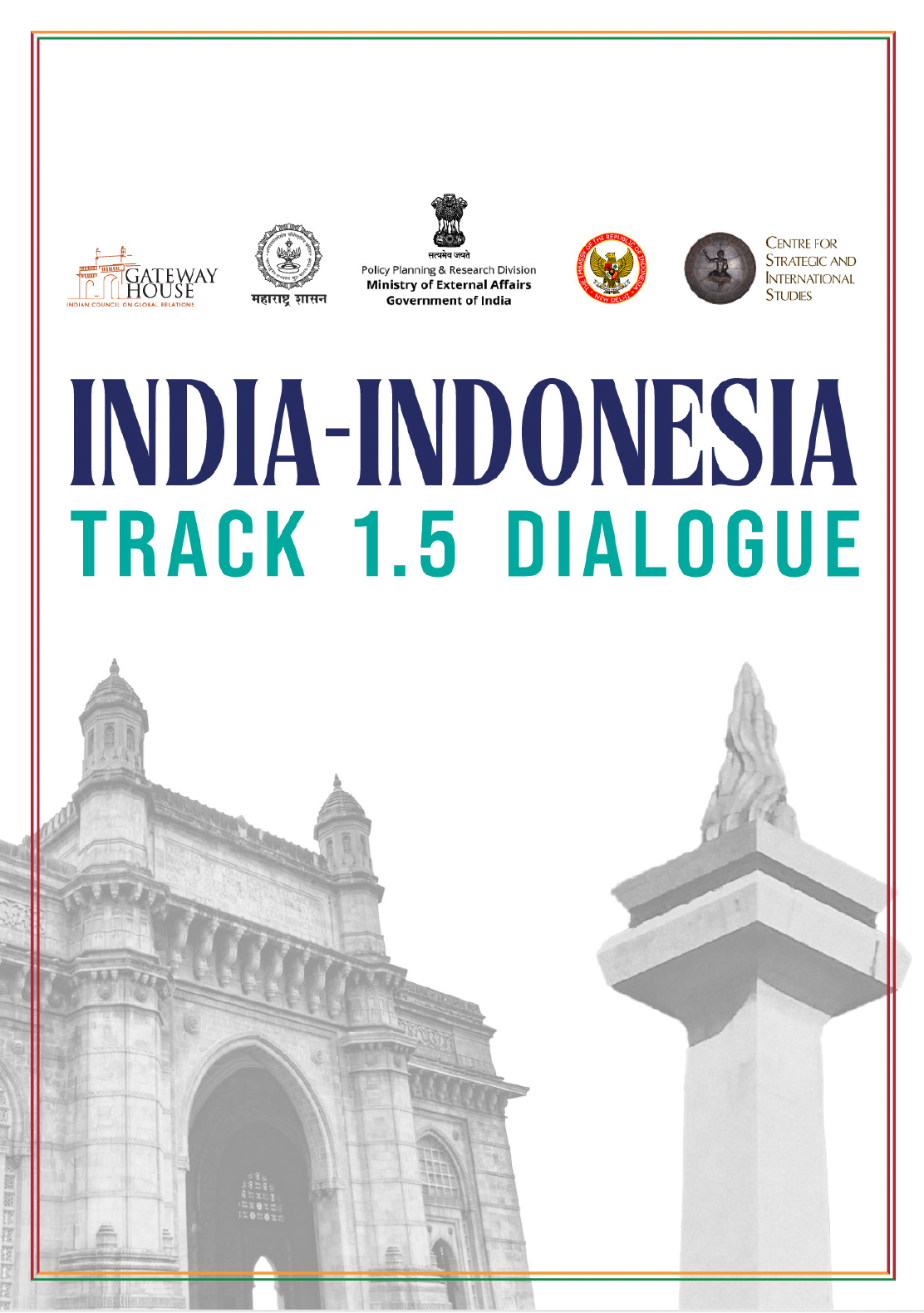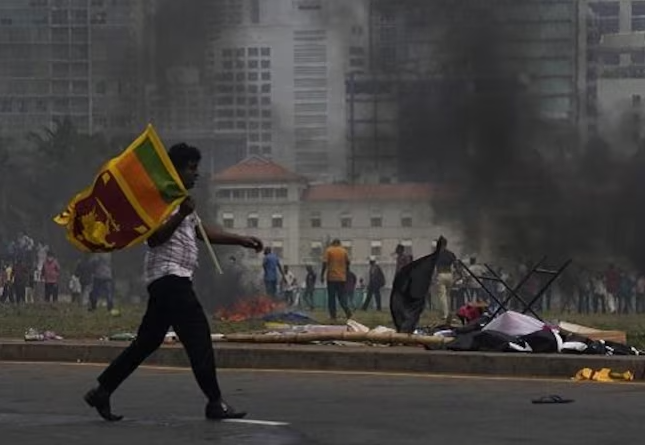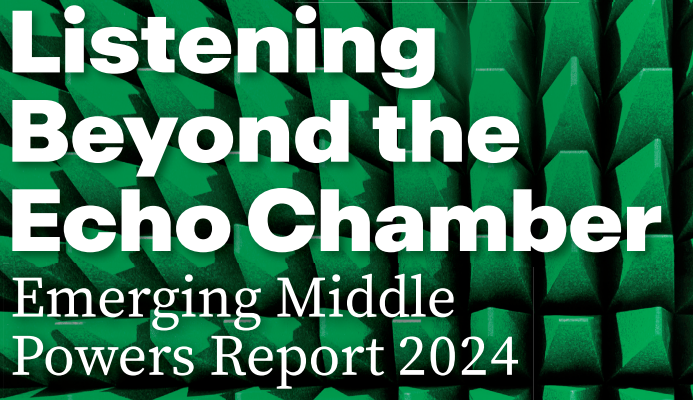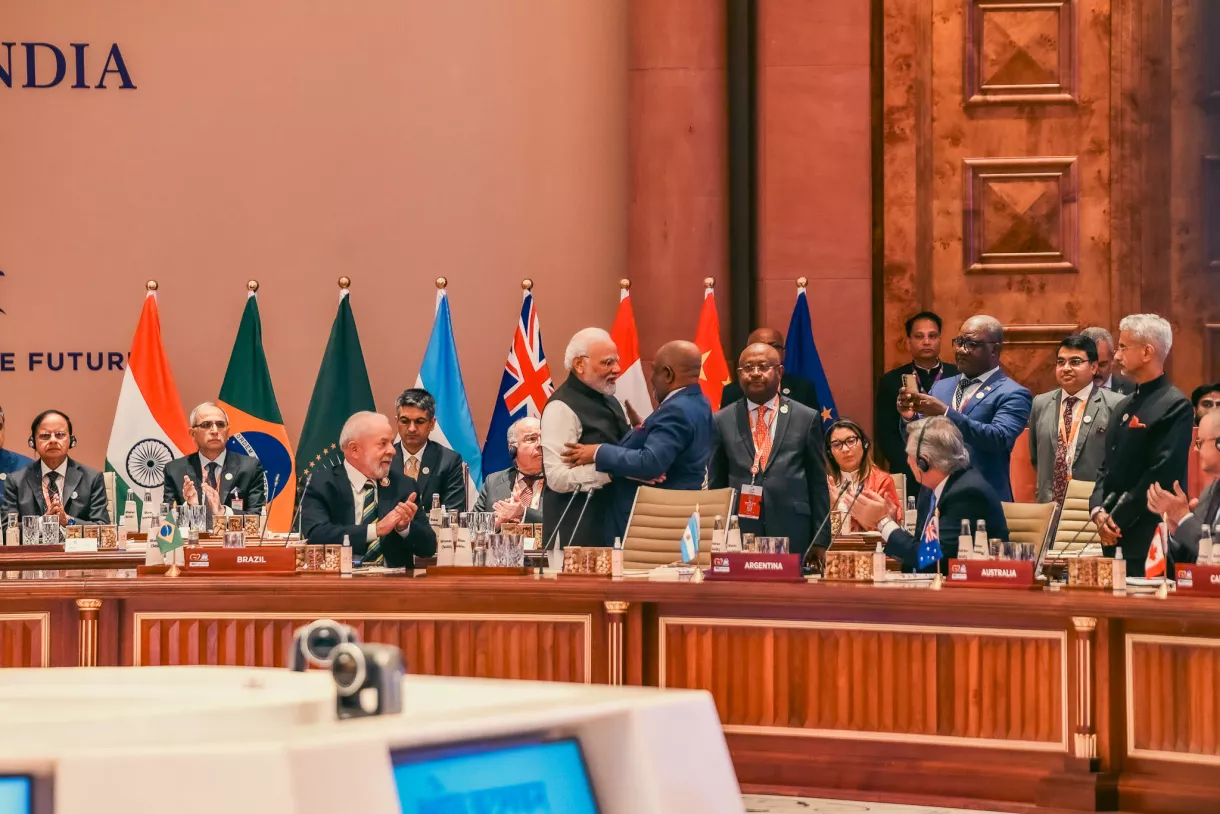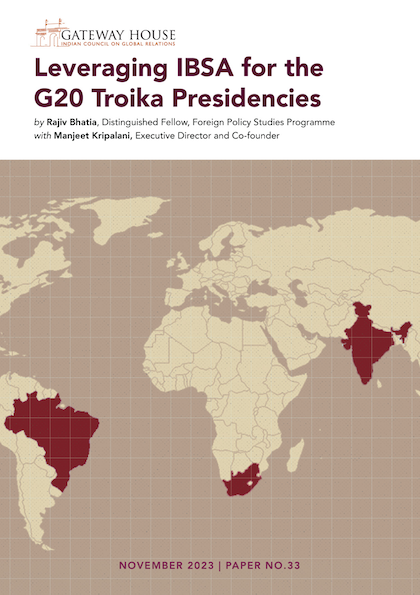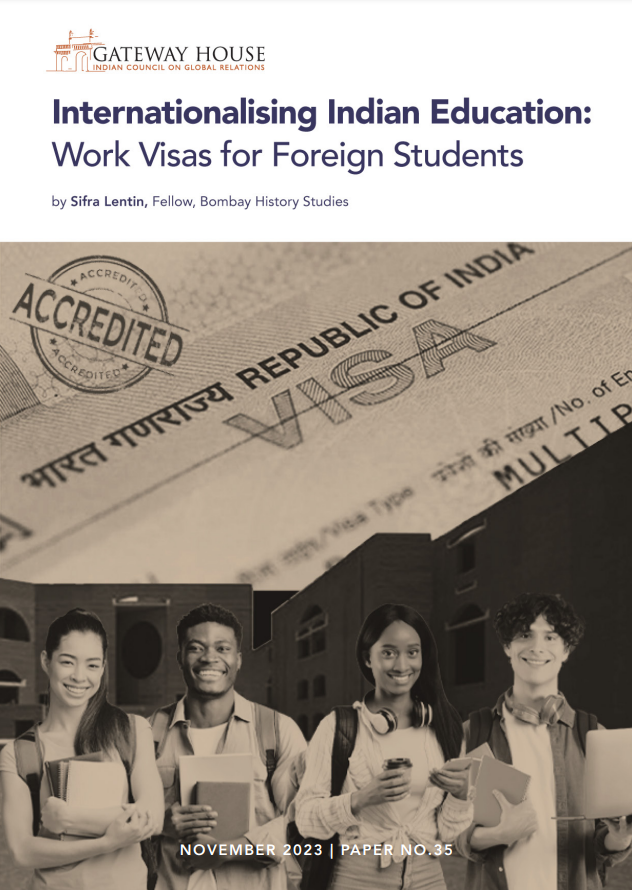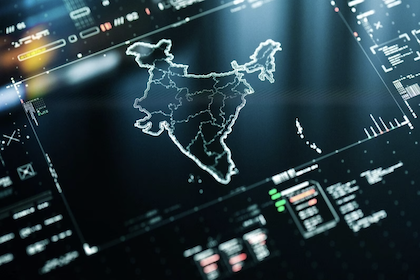Applying a multi-sector analysis to financing forced displacement response
Conversations on forced displacement in many cases still centre on the climate versus conflict dichotomy, but multiple factors including social inequality, poor infrastructure and weak governance, often combine as triggers for displacement. A more analytical approach to financing forced displacement response is necessary to enable humanitarian actors to work more effectively in the allocation of resource and disaster preparedness.


